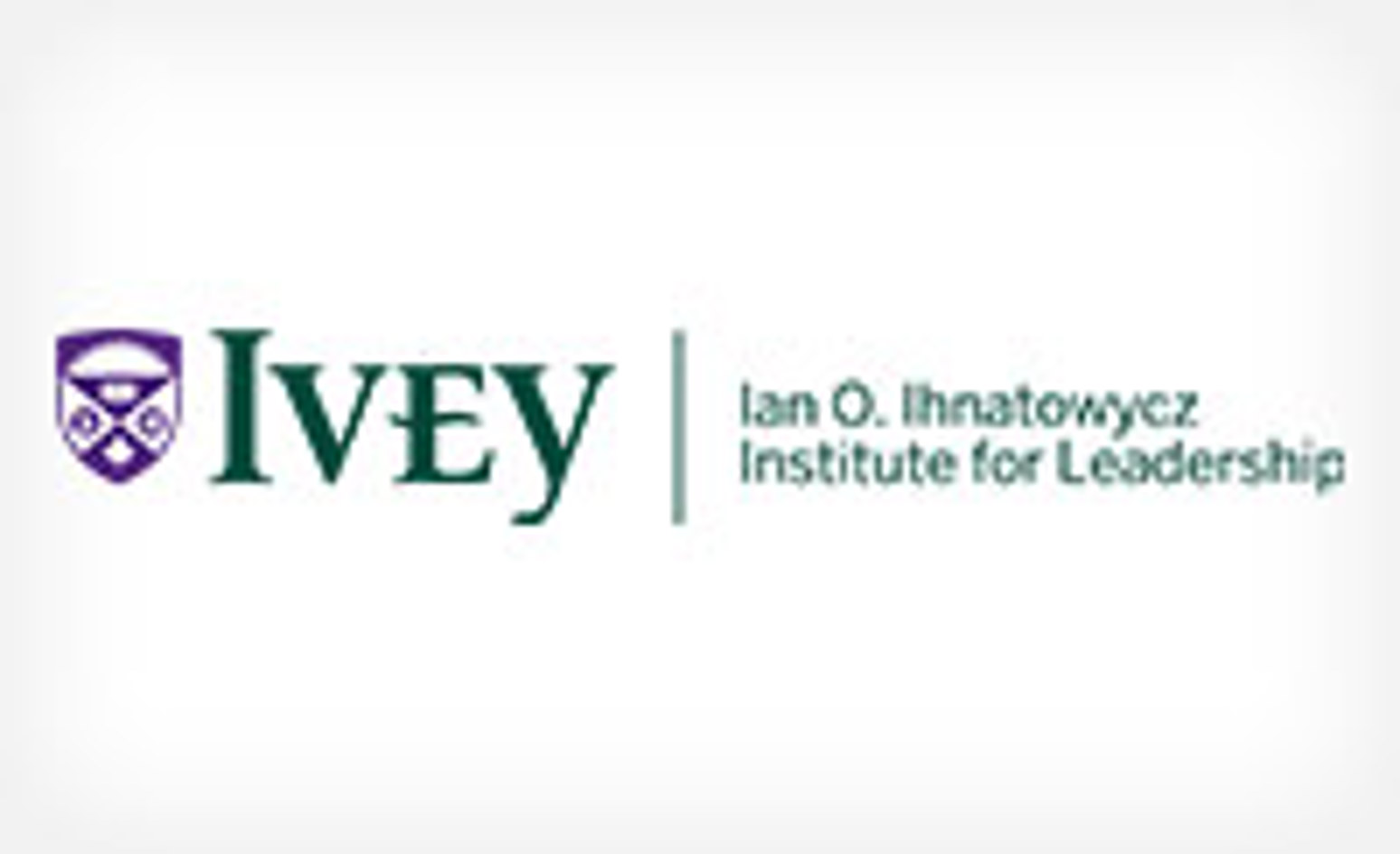A Canadian business leader from the financial industry, who has never been shy to share his opinion, recently told me: "What I've learned as a leader is that life is a blackboard that you cannot erase. Everything counts. There's no such thing as a time-out. There's no such a thing as 'it doesn't count'."
Business leaders, like politicians, must understand the environment they work in, and realize their words and actions have profound impact on their audiences. Recently, Republican presidential candidate Mitt Romney learned this lesson the hard way. But is "the hard way" the only way that men and women at the head of corporations or political parties learn to become better leaders? Are mistakes our only teacher?
Constant scrutiny is nothing new for politicians as they run for public office. Whether it's under the gaze of the bright lights of a nationally televised convention with millions watching, or a more intimate setting with their closest supporters, they should understand every syllable will be dissected and parsed for meaning. In the age of around the clock media coverage, and the advent of discreet recording devices leaders must assume they are "live" at all times. The difference between our private and public lives becomes smaller and smaller each year.
While politicians hope to deliver a well-crafted message every time they utter a word, increasingly every word could be perceived as a misstep as opponents are constantly ready to pounce at any opportunity. Romney's campaign shifted into damage control when the video of his remarks at a "private" donor function came to light. However, it would be unfair to pick on Romney exclusively. The Obama campaign has seen its share of missteps too dating back to 2008. Every politician has had moments they would like to have back. Remember the out of touch comment made by the former CEO of BP - Tony Hayward - who said 'I'd like my life back' after the oil spill in the Gulf of Mexico?
Important to me and my work as a professor of Leadership is figuring out what lessons can be teased out of events like these for the business leaders of today and tomorrow.
After a series of in-person interviews with high-profile leaders from private industry, the military and not-for-profit sectors, it is clear to me that good leaders are molded through a life dedicated to constant learning about their careers, their relationships and thinking about the kind of leader they want to become.
Through these interviews I have determined three key lessons for leaders that are equally applicable on the campaign trail or in the boardroom.
First, words are like toothpaste: once they're out of your, it's hard to put them back in. Hence the conviction on the part of the business leader cited earlier: "Life is a blackboard that you cannot erase. Everything counts. There's no such thing as a time-out." To simply hope that you can cross the line and somehow be forgiven just won't happen. That is not the standard for a leader.
Second, another leader suggested that as an individual in business, you're selling yourself - a skill set and a reputation - as a package. Anybody can have a skill set, but a reputation is built very carefully, over many years. Hence her advice: "Your reputation must be your first, last and most important consideration." In the final analysis your reputation is really all you have.
Here's how it was put to me by a leader from the not for profit industry: "You can't pretend to build trust. It has to be who you are. People are very, very bright. They will see if you're not authentic ... If you're espousing values over here, and obliterating the same values over there, you will not have trust and consistency. You will get a cynical group of people instead." This is a profound lesson for leaders like Romney.
And third, leaders are stewards for their organization. A deep sense of stewardship is important because it's the recognition that you're holding this position and role in trust for those who came before you and will come after you.
To be successful as a leader you must be able to reflect on the lessons you have learned over time. Whether its realizing you can't simply clean the slate and take back your actions, understanding how your reputation is built, the importance of trust or your role as steward, all leaders must realize these are integral and essential elements which frame the character of a good leader.
Whether running for office, or running a business, leadership character is always on trial. It's time that leaders, or those who aspire to lead, understand this critical insight.
